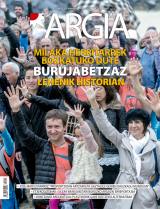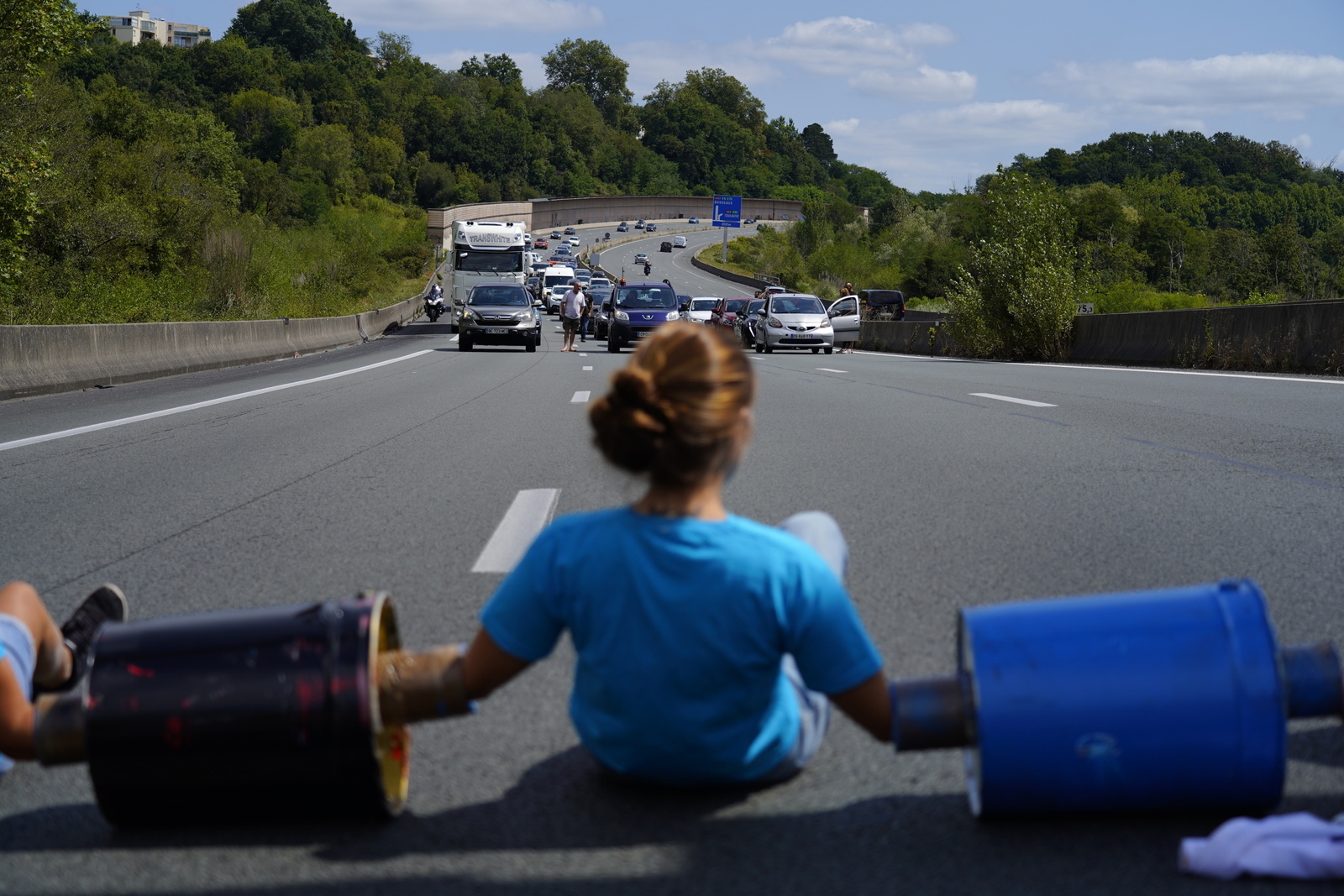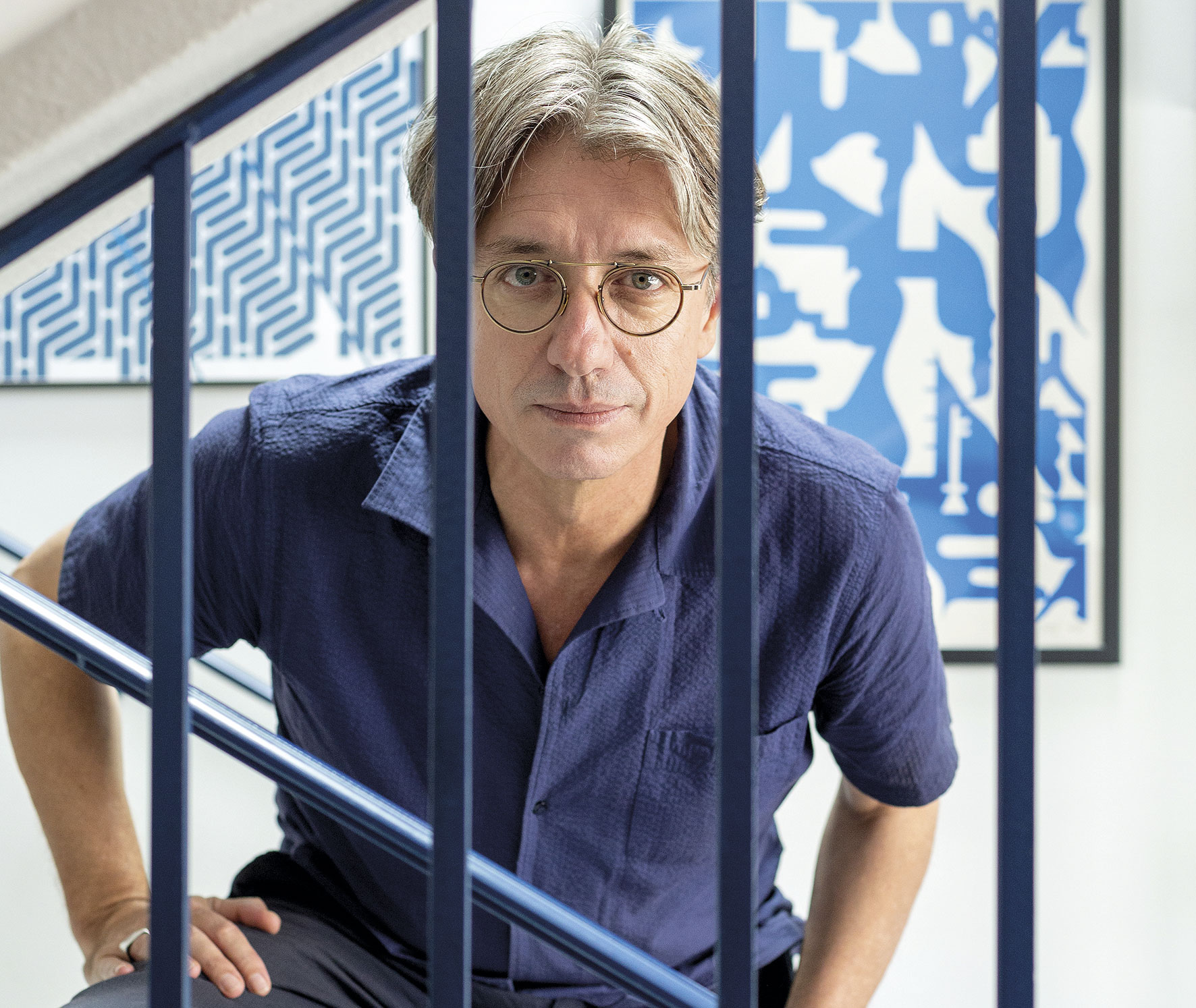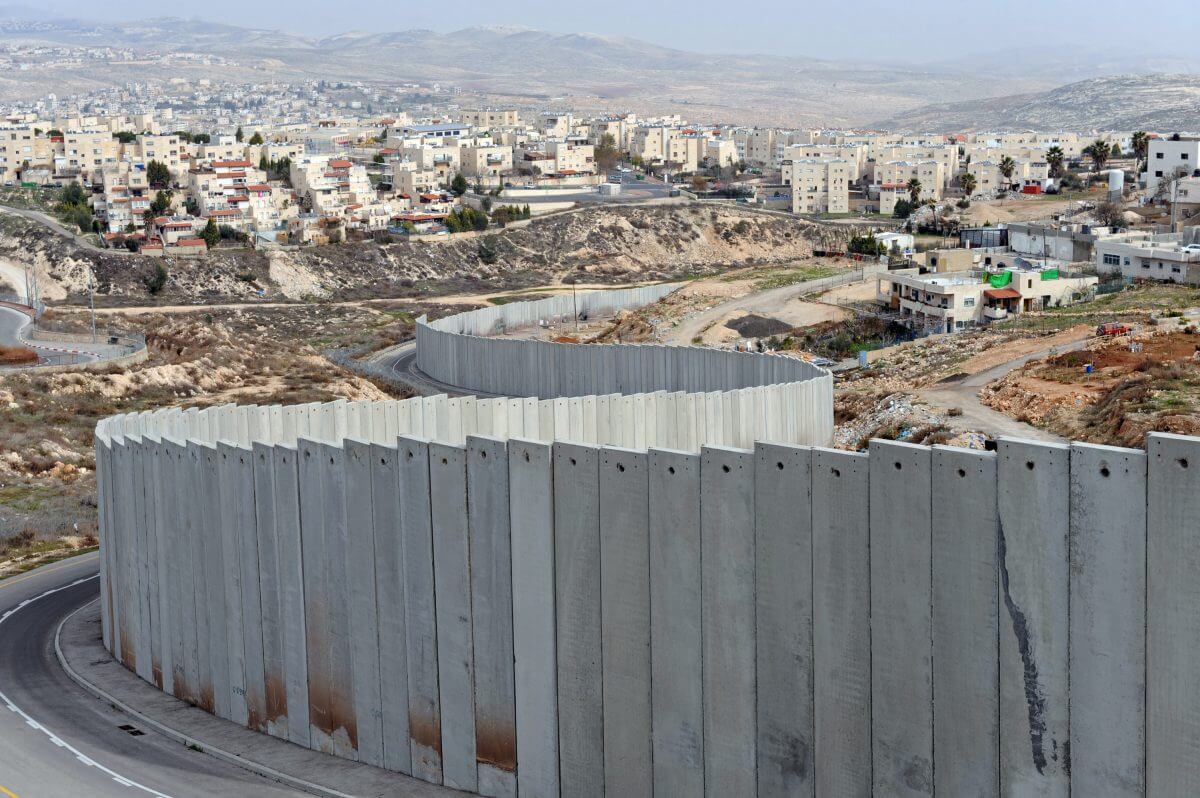Cure Dan Berrigan tried to turn war weapons into ploughs
- One of the icons of peaceful disobedience has just died. American priests Philip and Daniel Berrigan, founded in the 1920s, the rigorous reading of the Bible brought them harsh political consequences, which led them to transgress the law and jeopardize their personal comfort, to prison. After losing his brother last August, Daniel died at the end of April in Boston at the age of 94.
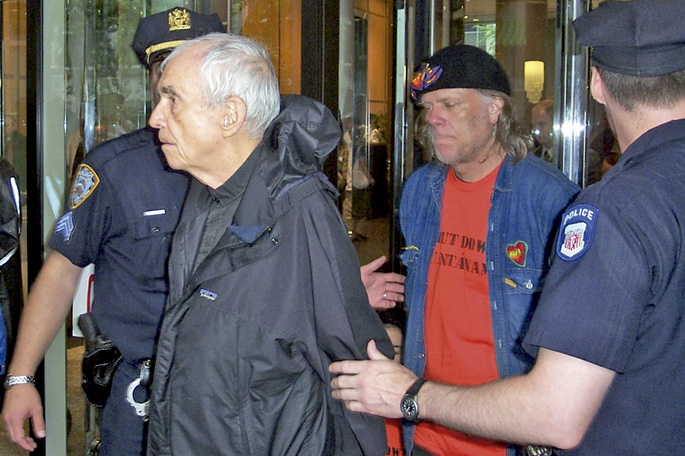
“The United States – the New York Times has written – were torn apart inside, due to the distant war on human rights and Asia, then Father Berriga appeared in the 1960s as an intellectual star of the ‘new left’ of the Catholic Church, proclaiming racism and poverty, militarism and the insatiable hunger of capitalism, which constituted the same great problem:”.
Born in 1921, he went through the Jesuit seminary and was ordained a priest in 1952, a sabbatical year of his arrival in Europe. In the French state he met the “working priests” who stirred up the structure and customs of the then Catholic Church, which in the 1960s would also have an echo in the Basque Country.
In 1957 he published his first book of poems, which was famous enough to be nominated for the National Book Award, and from then until his death he would draw at least one book each year. In 1963 he visited Paris what was then Czechoslovakia, Hungary, South Africa, Israel and Palestine… On the one hand, the United States and on the other, the Soviet Union and its bloc, were the hottest times of the Cold War. He returned home convinced of the need to immerse himself in pro-peace and anti-nuclear movements.
I wasn't the only Catholic in that. On 9 November 1965, Roger Allen sat on the ground at LaPorte in New York, opposite the United Nations headquarters, like the Buddhists, rubbed his body with gasoline and swelled. The unconscious young man would die the next day, and when asked why he had done so, he said: “I am a Catholic worker. I am against war, all wars. What I have done is a religious act.” For the sermon pronounced at his funeral, the head of the Jesuits forced Dan to travel outside the United States for six months.
He was arrested for the first time in 1967, after having protested the war with several students in front of the Pentagon. “For the first time I have put my jeans and shirt in jail, I found fit for a cure,” he wrote. In February 1968, he traveled to North Vietnam with historian Howard Zinn, to bring three Yankee soldiers home. Hanoi had to try a typical U.S. aircraft bombing while waiting to meet with Viet Cong.
On 17 May 1969, six weeks after the death of Martin Luther King, the Catonsville nine protest: the activists, including the Berrigan brothers, entered the soldiers’ recruitment offices, took roles before the workers’ astonished and set fire in the vestibule to the ranks of the young people called to war, ravaging in home symbolic napalm.
They wrote on the action claim sheet: “We ask for forgiveness, good friends, because we have violated the order, burned papers instead of burning children, angry by very disciplined people at the cemetery door. May God help us, but we had no other option (…) We also denounce the Catholic Church, and other Christian churches and synagogues, because they are silent and cowardly in the face of the crimes of our nation.”
They were tried in the fall, in a case that for three days attracted the press from all over the world. Later, Gregory Peck would film “The Trial of the Catonsville Nine”. Sentenced to two years in prison, Dan decided not to surrender. It lasted four months in the bush, where it reappeared in several localities in the Northeast of the United States, until the FBI managed to get arrested.
Not loving peace half-heartedly
Dan Barrigan collected the 18-month prison experiences as “Lights on in the House of the Dead”. Well known as a poet, he published 50 books in various genres.
In one of his books he summarized his work against war and for peace as follows: “We call ourselves peaceful, but for a long time we have not been willing to pay a lot of money. That's why war continues, because we love peace with half our hearts and half our lives, not with everything. There is no peace because there are no peacemakers. There is no pacifier, because making peace is at least as expensive, as difficult, as agitating as making war; because making peace can lead you to jail and death and misfortune.”
In 1972, the two Barrigan brothers were again prosecuted for the kidnapping of Secretary of State Henry Kissinger, and finally released.
On September 9, 1980, the multinational General Electric manufactured nuclear missiles for the army in Pennsylvania, where two Barriganars and six activists joined the cause and broke down by hammers, knowing that inside it had no ató load mica.La action would become a film with the title “King of Prussia”, the name of the General Electric factory.
This action was called “Goldeak” (Plowshares), recalling the prediction that the prophet Isaiah pronounced 2,800 years ago: “Swords will turn into ploughs and spears into snakes. No nation will rise up against the nation, they will no longer prepare for battle.”
In the 1980s he worked as a chaplain in the care of the poor, cancer patients and AIDS patients. In 1984 he visited El Salvador and Nicaragua, where the United States Army promoted the damage caused by the wars. In 1985, filmmaker Roland Joffe moved her to Colombia, Paraguay and Argentina to advise on what after “La Mision” has been so famous.
In 2001, when he was 80, he was asked when he had to resign: “I will stay, but not until the day after death.” In a 2006 photo, dressed as a priest, the cross appears in the Gulf, tied by a police officer at the door of an Army museum in Manhattan. And the last picture, the one in 2012, illustrates in her prayer for Occupy Wall Street youth.
Amy Goodman interviewed him in 2006 for Democracy Now, in the end asked him if things had not improved since his youth, since the Vietnam War, and the old Dan: “No, no, it’s the worst time of my life, really. I have never seen such a cowardly violation of any human rule that must be respected. These people appear on television and have a motto that they do not write or say: ‘We despise you, your law, your order, your Bible, your conscience, we despise everything. And if necessary we will kill you to prove it.”
Joan den uztailean bake prozesua "desblokeatzeko", Ipar Euskal Herriko komunikazio sareak eten zituzten ehunka herritarrek. Horren harira, abenduan epaitu zituzten lehen bederatziak Akizen, eta otsailaren 2an beste 11 epaituko dituzte Baionan. Bakegileek eta Bake... [+]
Orotara 20 ekintzaile epaituak izango dira uztailaren 23ko ekintzan hainbat garraio bide blokatzeagatik. Ostegun honetan, Akizeko auzitegian, trenbidean beren burua lotu zuten bederatzi ekintzaile epaituko dituzte.







